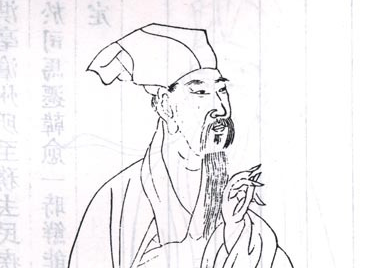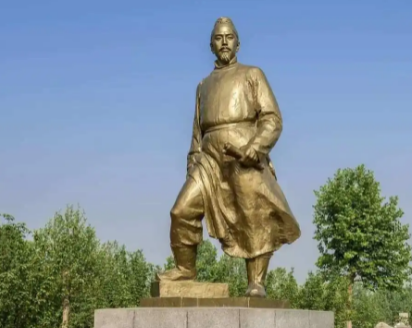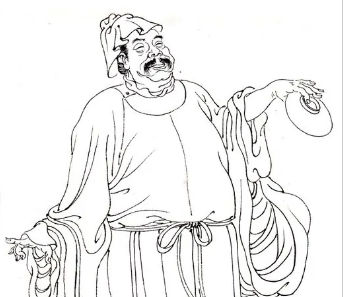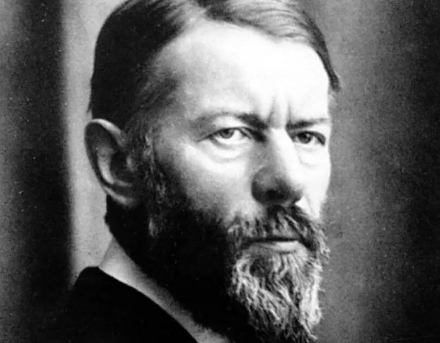Zeng Gong was a famous official, literati, and historian during the Northern Song Dynasty. He was renowned for his literary achievements and was known as the "Mr. Nanfeng", one of the Eight Greats of Tang and Song literature. Apart from his literary achievements, Zeng Gong also made significant contributions to education.

Zeng Gong's thought belonged to the Confucian system. He agreed with the philosophical views of Confucius and Mencius, emphasizing "benevolence" and "sincerity". He believed that by following the "Doctrine of the Mean" and self-examining with humility, one could understand and dominate the world. Politically, he opposed annexation policies and advocated the development of agriculture and freedom of speech. As a local official, he cared about the people's livelihood and promoted local economic development with a mindset of "benevolence".
During Wang Anshi's reform, Zeng Gong advocated necessary reforms to the legal system without losing sight of the intentions of the ancient kings. In practice, he was able to uphold the new laws. When he was an official in Qizhou, he implemented the law of protection, enabling the people of the state to live and work in peace and contentment. Influenced by Ouyang Xiu and Sima Qian, he advocated "writing to illuminate the way", extending Ouyang Xiu's views of "truthfulness in matters and literary elegance" to historical literature and epitaph writing. He emphasized that only by strengthening moral cultivation could one fully exert the role of literature and write articles that "illuminate the way".
Zeng Gong attached great importance to education. He nurtured a number of famous Confucian scholars, such as Chen Shidao, Wang Wujiu, Zeng Zhao, and Zeng Bu, who all became highly respected writers and scholars under his guidance. He was rigorous in his scholarship, thoughtful, and strict with his students. He established the "Xinglu Academy" next to his residence in Fuzhou, personally setting the academic rules and teaching, promoting the study atmosphere in Fuzhou. In Nanfeng's "Zigu Park", there are places where Zeng Gong studied as a child, such as the Study Cave, the Temple of Mr. Zeng Wending, the Yangfeng Pavilion, and the Sixi Hall. The county museum is also located within it. These places have become important venues for later generations to study Zeng Gong and the culture of the Song Dynasty.
Overall, Zeng Gong made excellent achievements and contributions in literature and education. With a mindset of "benevolence", he cared about the people's livelihood, emphasized moral cultivation, and focused on education and talent cultivation, exerting profound influence on later generations.
Disclaimer: The above content is sourced from the internet and the copyright belongs to the original author. If there is any infringement of your original copyright, please inform us and we will delete the relevant content as soon as possible.































